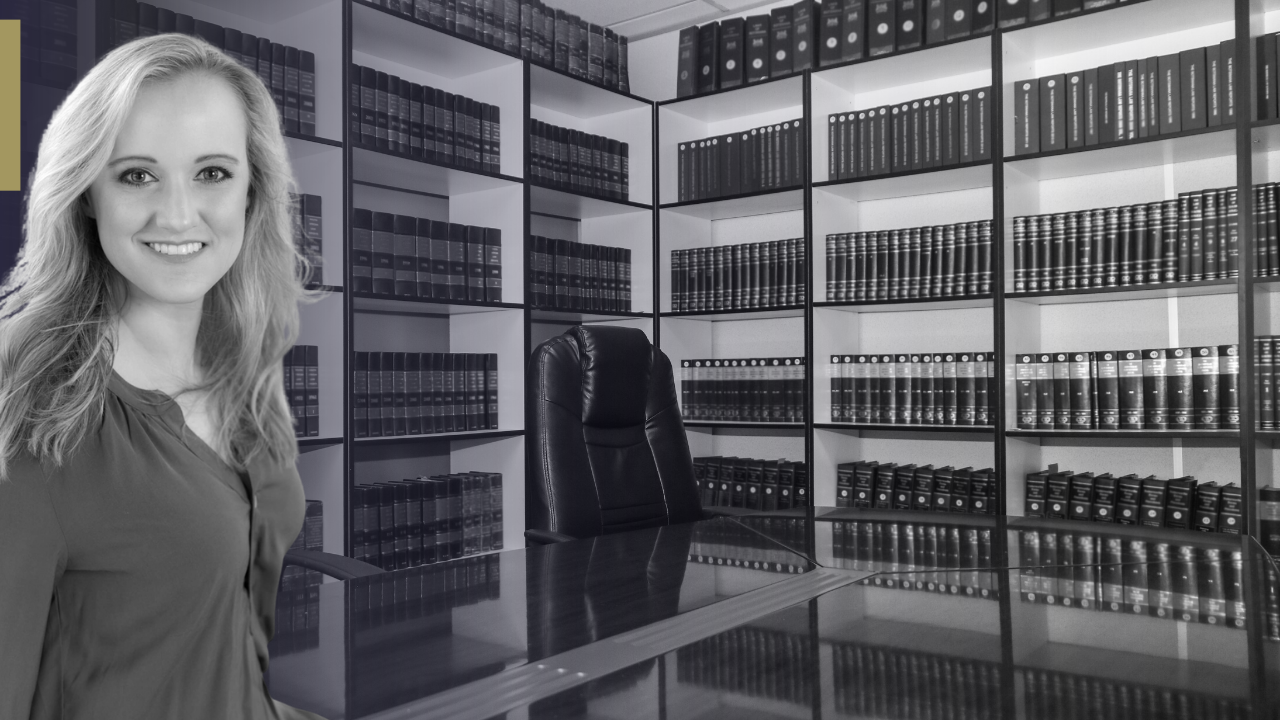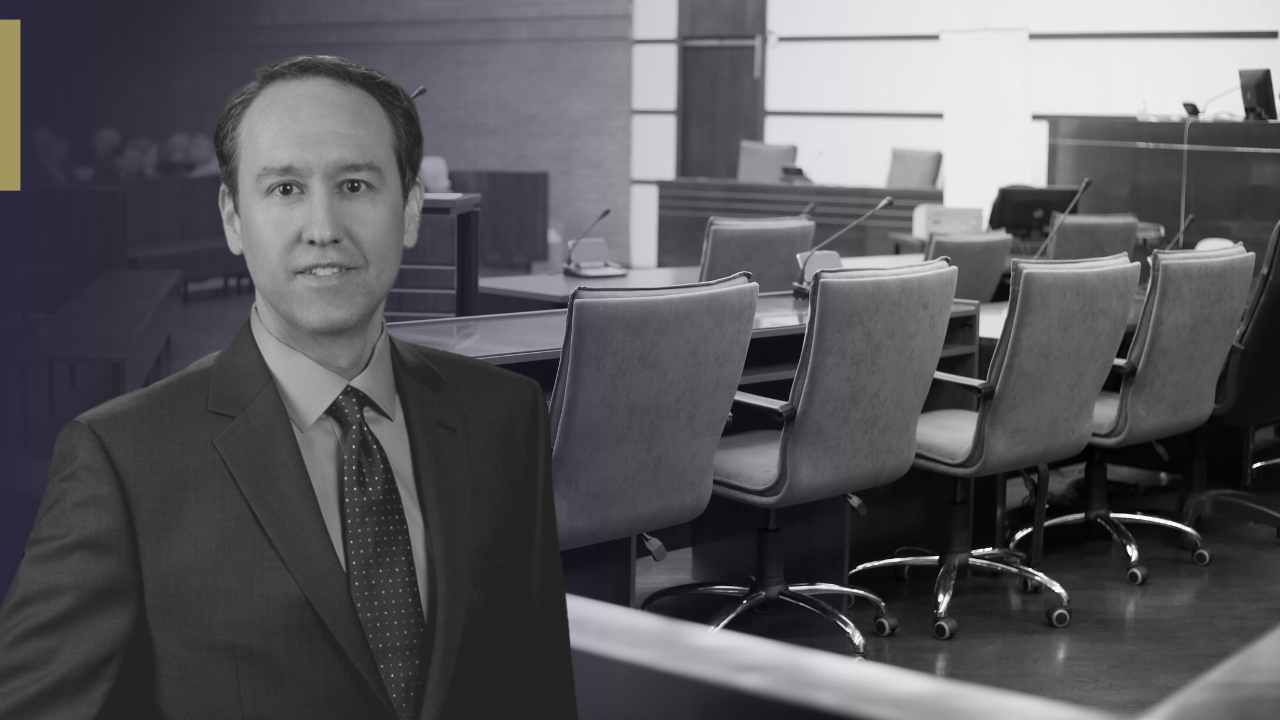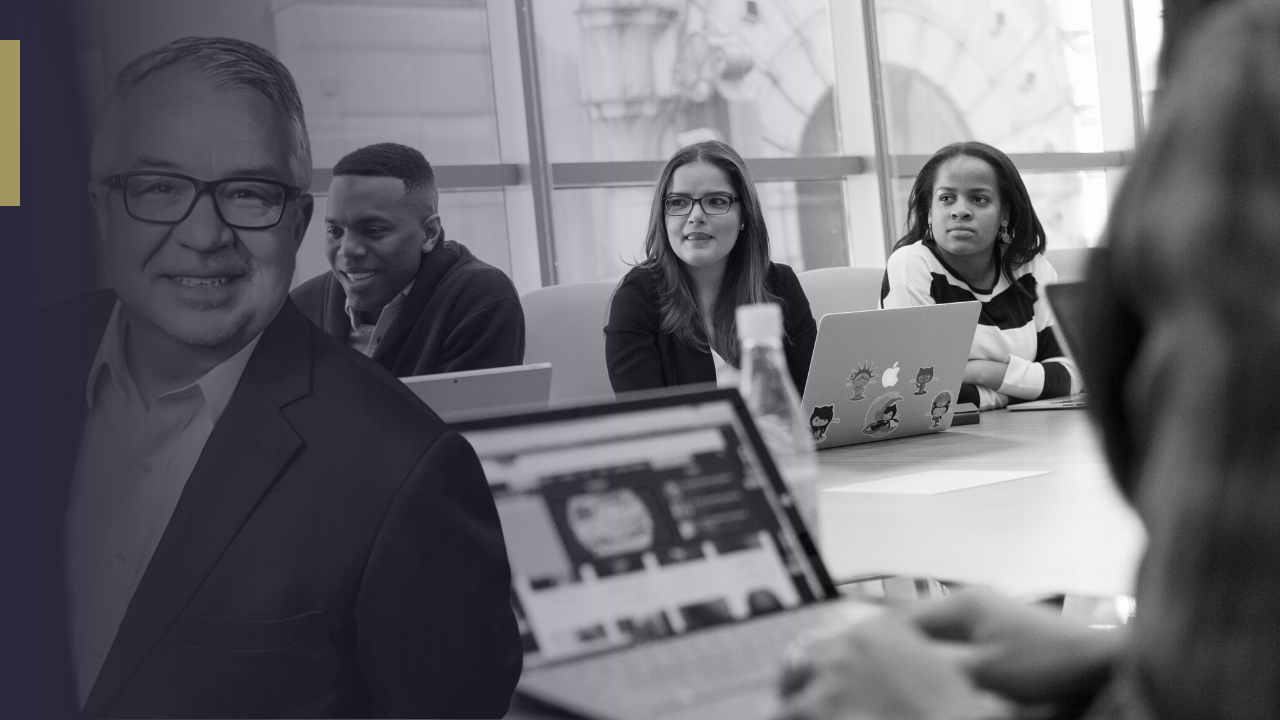Above the Law has a good recent post on the use of video arraignments and how judges find that the process makes them feel safer. I don’t know whether video Arraignments make the process any safer or not. But the process certainly makes the process more efficient. In fact, many of the rituals of court aren’t just antiquated. They’re anachronistic. The other part of the article that I liked was a link to a story from a few months ago about Judge David Emerson’s decision to allow a defense attorney to call a witness at trial via Skype. These posts point to a good future for those of us who participate in the appellate and post-conviction process in Georgia.
There is an annoying thing you sign up for when you do post-conviction work in Georgia. And that is a clientele located hundreds of miles from where the lawyers and most of the witnesses are. Chances are that your appellate client will be located in South Georgia, and there will be an issue of whether to produce him for court. For the client, being produced for the hearing and returning to prison means starting back at square one as a new inmate at the facility. That situation can result in a complete upheaval of the client’s life, essentially representing a move to a new dorm with different cellmates. For the court, it means expense and potential security issues.
When the case ends, appellate counsel often becomes the witness in the former client’s habeas case, entailing another drive to a distant city. In fact, the whole show travels south, with assistant attorneys general driving down for court with boxes of files. The whole thing is needlessly inefficient and expensive.
There is no reason that much of the process couldn’t be done over Skype. Already, oral arguments at the Supreme Court are being done that way (not via Skype but by video feed from satellite locations in south Georgia). Arraignments and probation hearings are being done that way.
Why couldn’t attorney visits be done via Skype? And certainly why couldn’t court be done that way. The process would have several other advantages.
- It would allow for more frequent meetings. Right now, a single visit requires a day (and sometimes two if you have to stay over) away.
- It would make court run faster.
- It would provide for better security. There would be fewer people in the room to protect.
- The personnel cost savings would be significant.
- Cases would move more quickly
- There would be fewer appellate issues involving transfers and other weird little things that arise in the habeas setting right now.
- There would be fewer continuances due to lawyer and witness unavailability.
In fact, it would allow appellate practices to be more efficient. Right now, many appellate lawyers face a tough choice. Do they want to put the work into working on these tough cases, which the clients want their lawyers to do. Or do they want to take time out from writing the briefs and reviewing records to meet with and reassure the client about the work that isn’t getting done during the day it takes to drive to the prison and have the meeting? Right now, there are tough choices to be made between working on the cases and driving around the state merely to talk things over with clients and family. The adoption of video could really eliminate some of these tough choices.
We can only hope that prisons and habeas courts will follow Judge Emerson’s excellent example.


